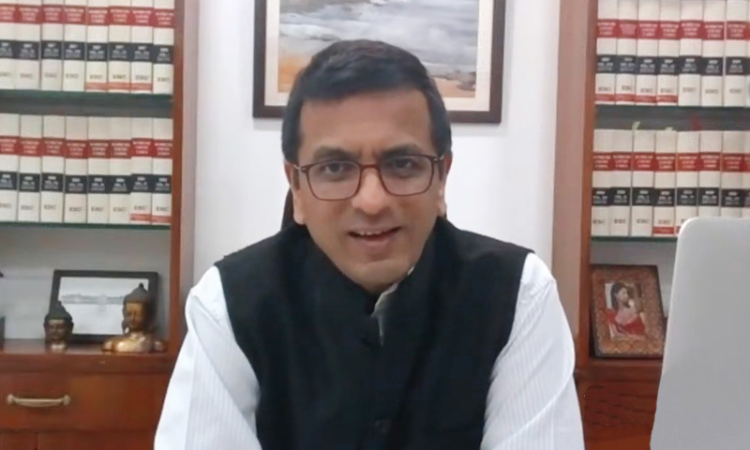"Justice seems to be done only when judicial proceedings are opened for public viewership," said Supreme Court Judge, Justice D. Y. Chandrachud on Saturday.He added that unless judicial proceedings are open for public viewership, it would not be possible for the public to understand the nature of work undertaken by the Courts. Justice Chandrachud was speaking at a virtual book release event...

